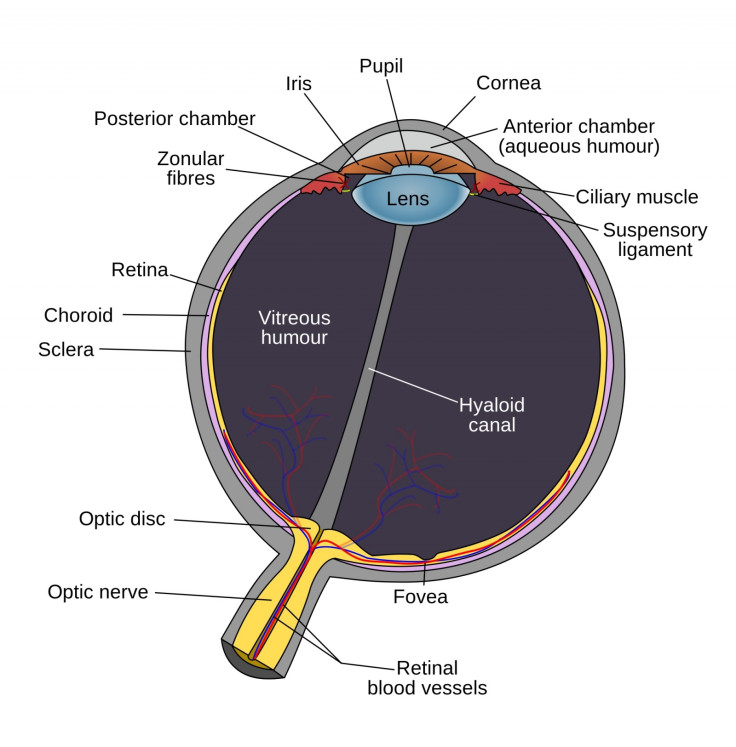Human trials on 'bionic eye' set to begin in Australia
The technology not only promises restored vision but its application can extend to improving mobility in quadriplegics.
Human clinical trials on bionic eye technology are all set for its first test run in Australia. Scientists at Monash University in Melbourne said the revolutionary device has been in the works for the past decade and is now ready for testing on patients. The first-of-its-kind technology called the Gennaris bionic vision system involves fitted glasses with a video camera and miniature electrical panels that will be implanted in the brain.
The device utilises the camera to collect data while its vision processor unit will do the interpreting. A tile implant in the brain will then convert the image data into electrical impulses as a microelectrode transmits the impulses to neurons in the brain. The installed device is meant to bypass the damaged optic nerve of patients afflicted with clinical blindness.
In July, researchers transplanted the device into three sheep brains without manifesting any adverse health effects on the animals even after 2,700 hours of simulation. Although several steps are still needed to make the technology commercially available for patients, the human clinical trials look promising for the team.
Professor Arthur Lowery, the team's project director said :
The technology aims "to restore visual perception to those who have lost vision. Our design creates a visual pattern from combinations of up to 172 spots of light (phosphenes), which provides information for the individual to navigate indoor and outdoor environments and recognise the presence of people and objects around them."
Researchers have noted that many patients suffer blindness because they have damaged optic nerves. The condition prevents their eyes' retinas from passing information to the brain's vision centre. The bionic eye technology is designed to solve this problem, the New York Post reports.
The Monash Vision Group (MVG), the developing team for Gennaris technology said not only does it promise restored vision to the blind but it may also extend to other conditions limited by neurological root cause such as paralysis. It may even improve mobility of quadriplegics with arm movement.
As of this time, additional funding is still an issue to enable to support manufacturing and distribution once the human trials have proven successful. All tests will be done in Melbourne, however, an exact date as to when the trials will take place is still unclear.

© Copyright IBTimes 2025. All rights reserved.





















